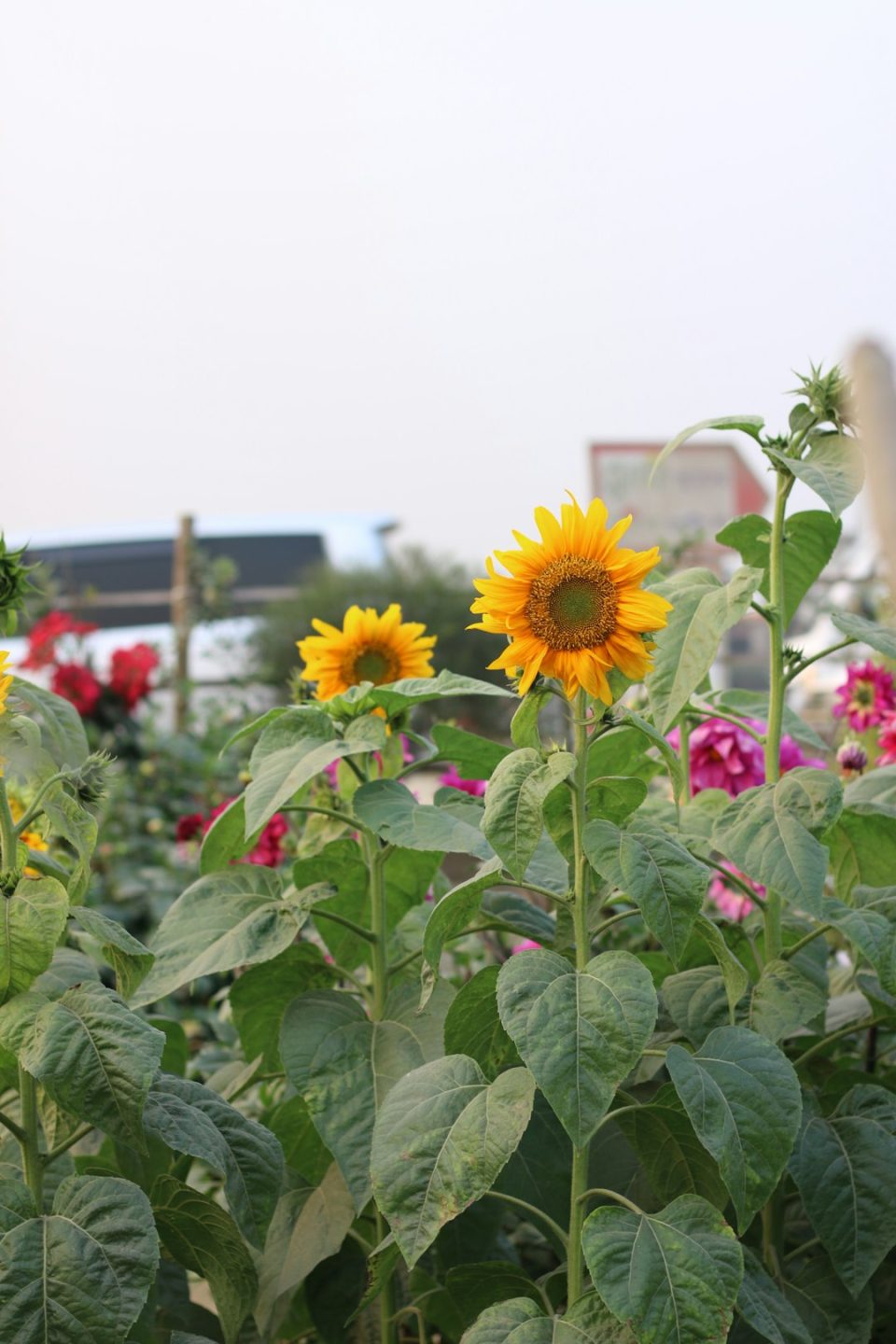A sustainable garden is a garden that is environmentally friendly, economically viable, and socially responsible. It is a garden that is designed to be low-maintenance, low-waste, and high-yield. Creating a sustainable garden may seem like a daunting task, but with some careful planning and thoughtful choices, anyone can create a garden that is both beautiful and sustainable.
One of the key principles of creating a sustainable garden is to work with nature, rather than against it. This means choosing plants that are native to your area, as they are better adapted to your local climate, soil, and wildlife. Native plants also require less water, fertilizer, and pesticides, making them a more sustainable choice for your garden.
Another important aspect of creating a sustainable garden is to use organic gardening practices. This means avoiding chemical pesticides and fertilizers, and instead using natural alternatives such as compost, mulch, and beneficial insects. Organic gardening not only benefits the environment by reducing the use of harmful chemicals, but it also creates a healthier garden ecosystem for plants, insects, and wildlife.
Water conservation is another key aspect of creating a sustainable garden. By using water wisely and efficiently, you can reduce your water usage and save money on your water bill. One way to conserve water in the garden is to use a drip irrigation system, which delivers water directly to the roots of plants where it is needed most. Mulching your garden can also help conserve water by reducing evaporation and keeping the soil moist.
Composting is a great way to create nutrient-rich soil for your garden while reducing waste. By composting food scraps, yard waste, and other organic materials, you can create a natural fertilizer that will help your plants thrive. Composting also helps reduce the amount of waste that ends up in landfills, which benefits the environment.
Creating a sustainable garden also means choosing the right plants for your garden. Look for plants that are drought-tolerant, disease-resistant, and low-maintenance. By choosing the right plants for your garden, you can reduce the need for water, fertilizer, and pesticides, making your garden more sustainable in the long run.
Incorporating pollinator-friendly plants into your garden is another important aspect of creating a sustainable garden. Pollinators such as bees, butterflies, and hummingbirds play a crucial role in the ecosystem by helping plants reproduce. By including a variety of pollinator-friendly plants in your garden, you can attract these important pollinators and help support their populations.
Creating habitat for wildlife is also a key component of creating a sustainable garden. By providing food, water, shelter, and nesting sites for wildlife, you can create a diverse and thriving ecosystem in your garden. This can help support biodiversity and create a healthier environment for plants, insects, and animals.
In addition to these principles, there are many other ways to create a sustainable garden. Using renewable energy sources such as solar power, recycling materials, and reducing your carbon footprint are all important steps towards creating a more sustainable garden.
Creating a sustainable garden is not only good for the environment, but it can also benefit your health and well-being. Spending time in nature, gardening, and connecting with the natural world can reduce stress, improve mood, and increase physical activity. By creating a sustainable garden, you can create a beautiful and thriving outdoor space that will bring joy and satisfaction for years to come.
In conclusion, creating a sustainable garden is a rewarding and fulfilling endeavor that anyone can undertake. By working with nature, using organic gardening practices, conserving water, composting, choosing the right plants, supporting pollinators and wildlife, and incorporating other sustainable practices, you can create a garden that is beautiful, productive, and environmentally friendly. So roll up your sleeves, grab your gardening tools, and start creating your own sustainable garden today!

